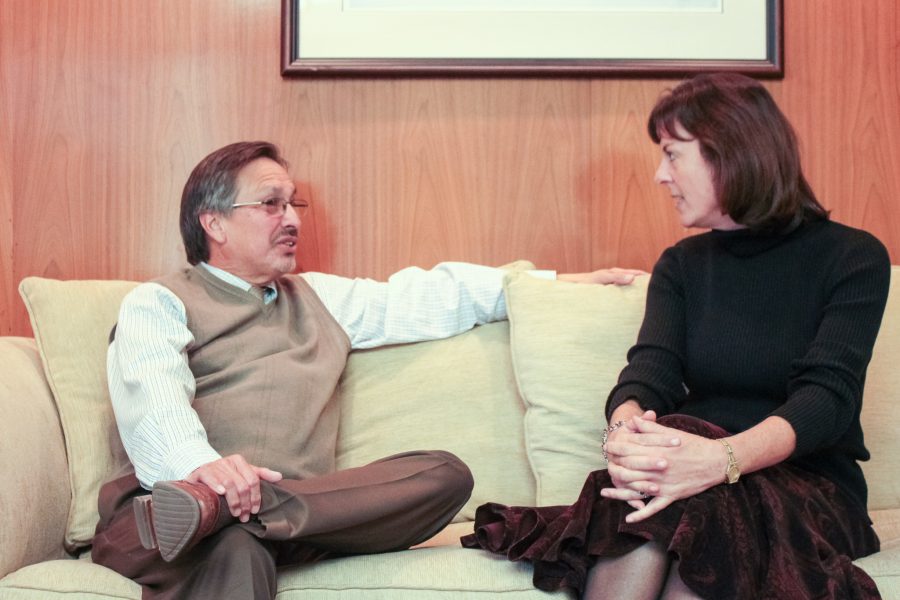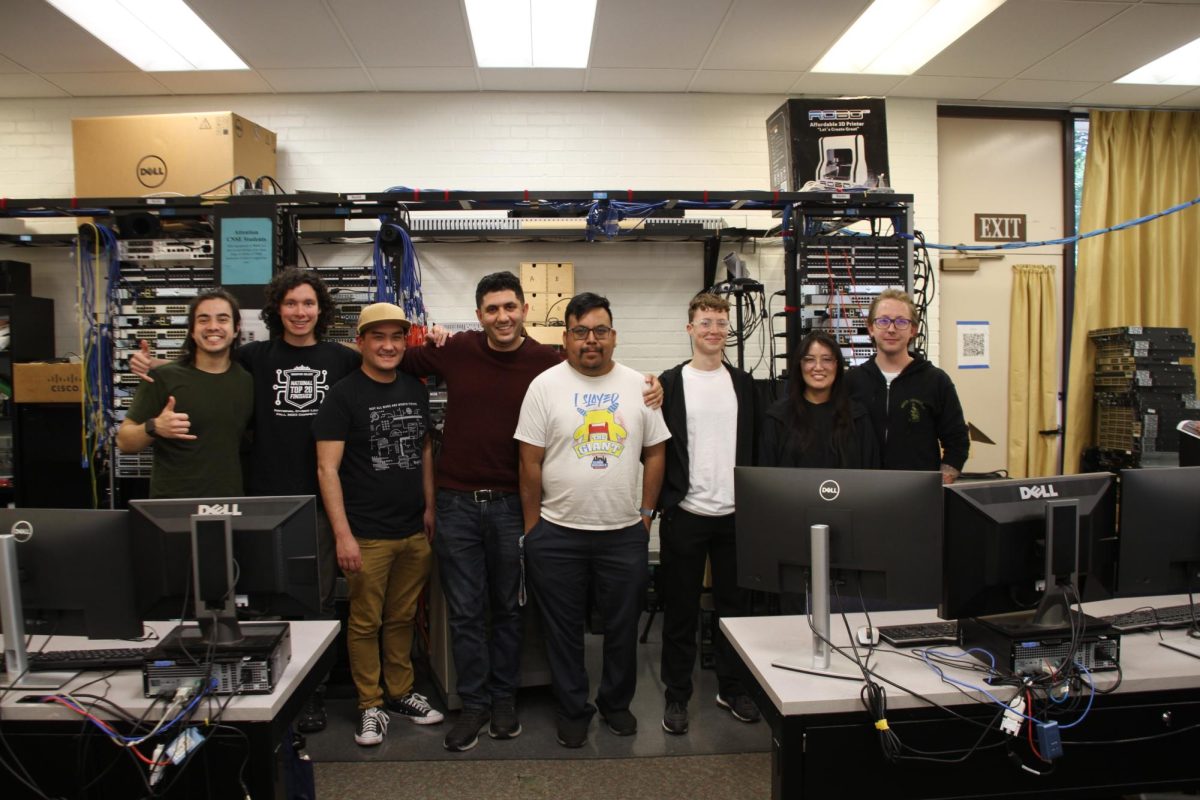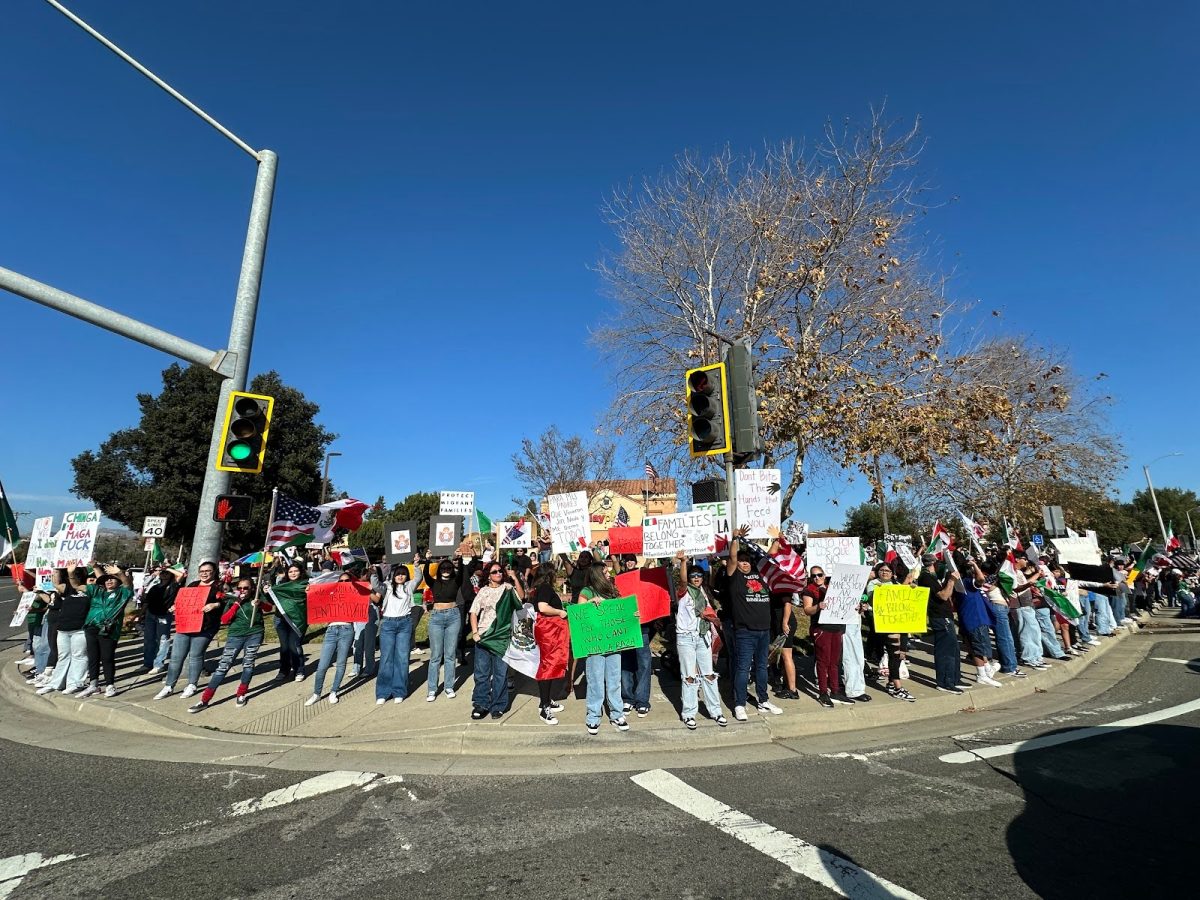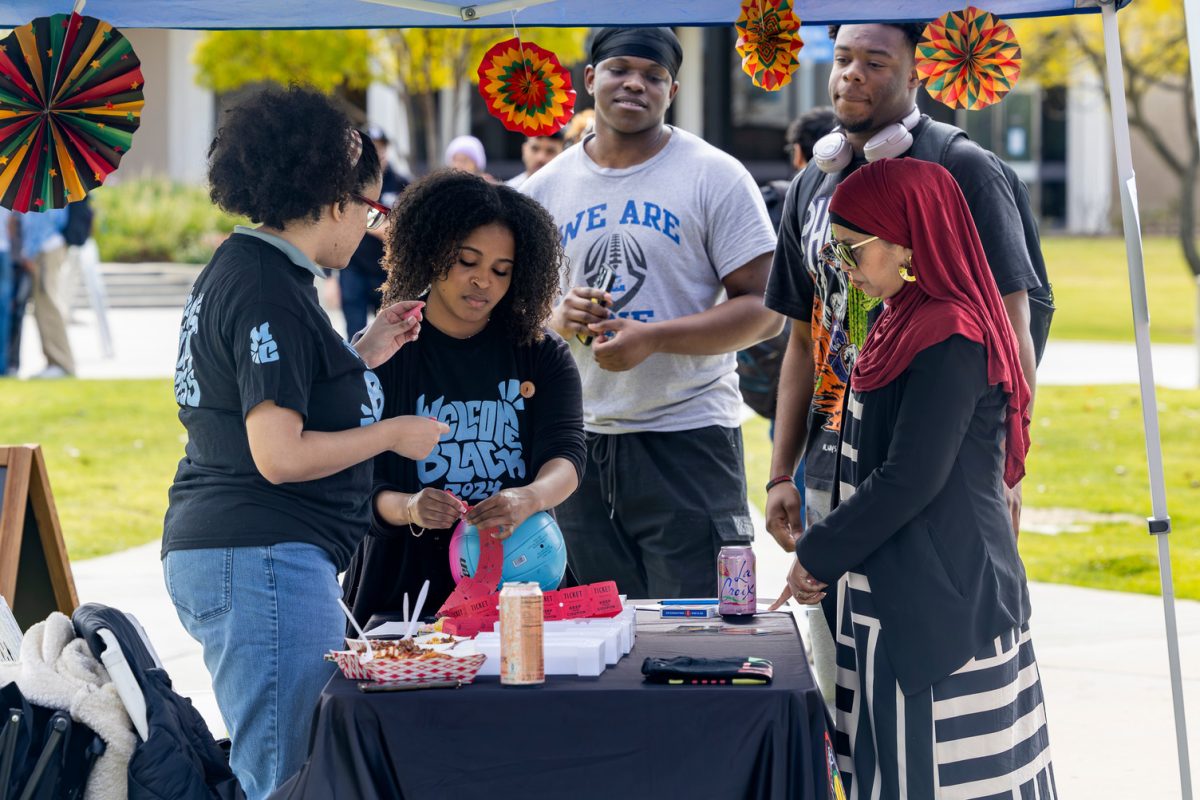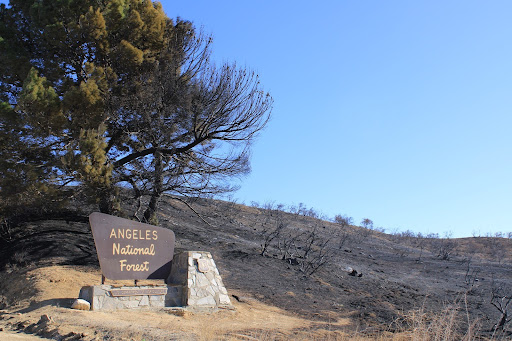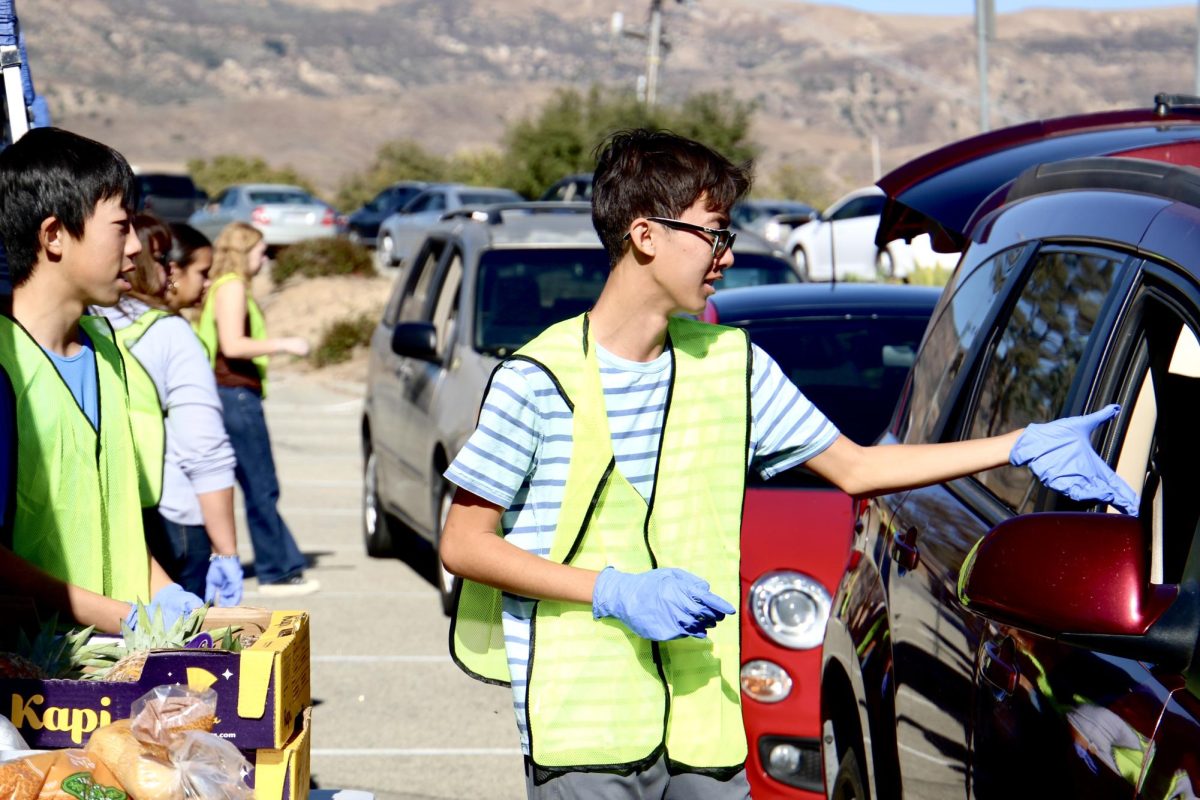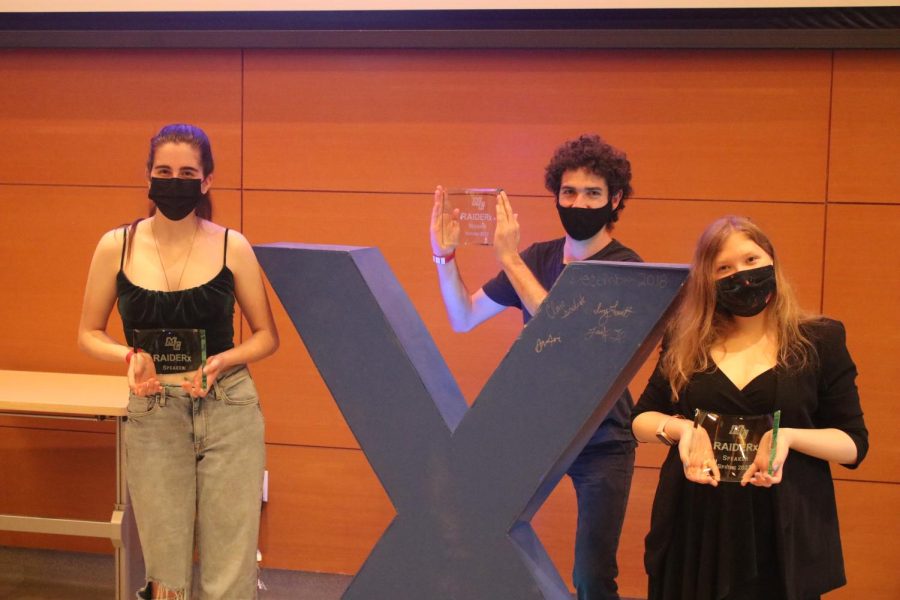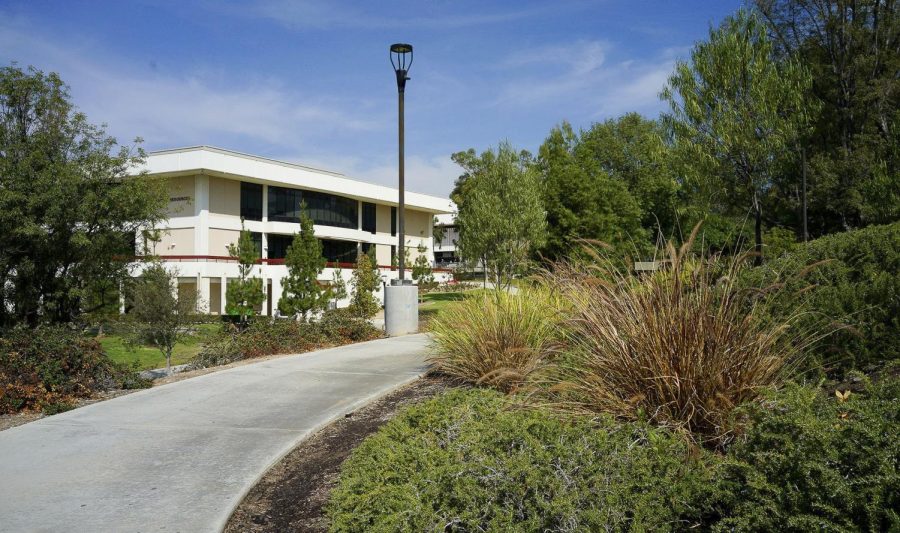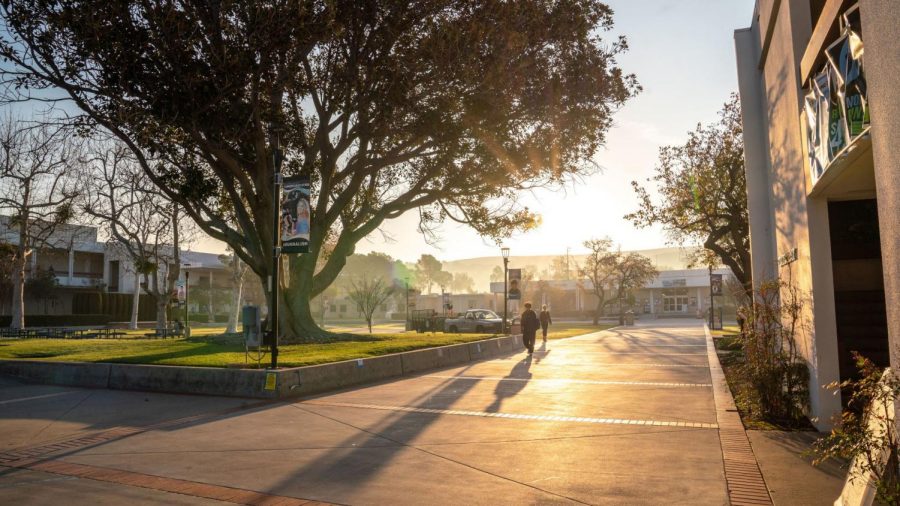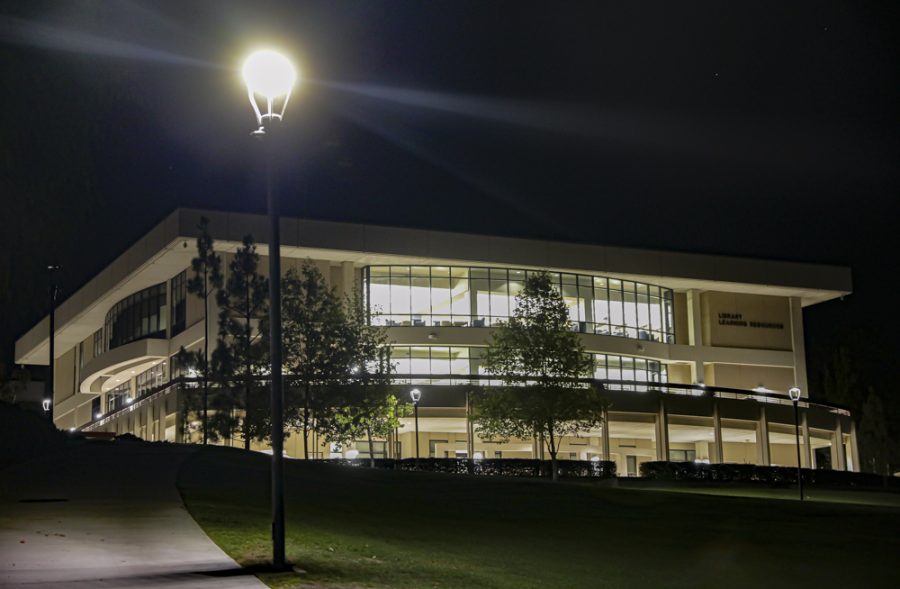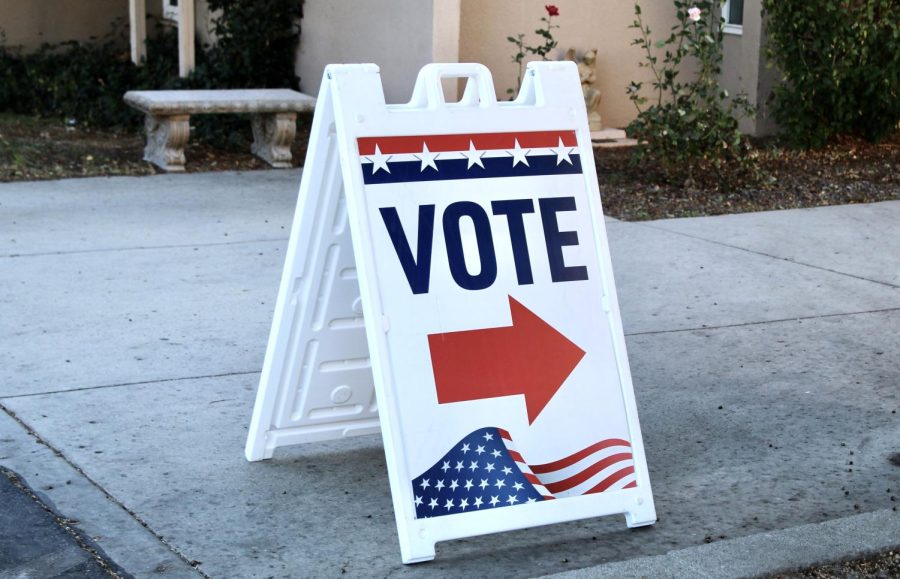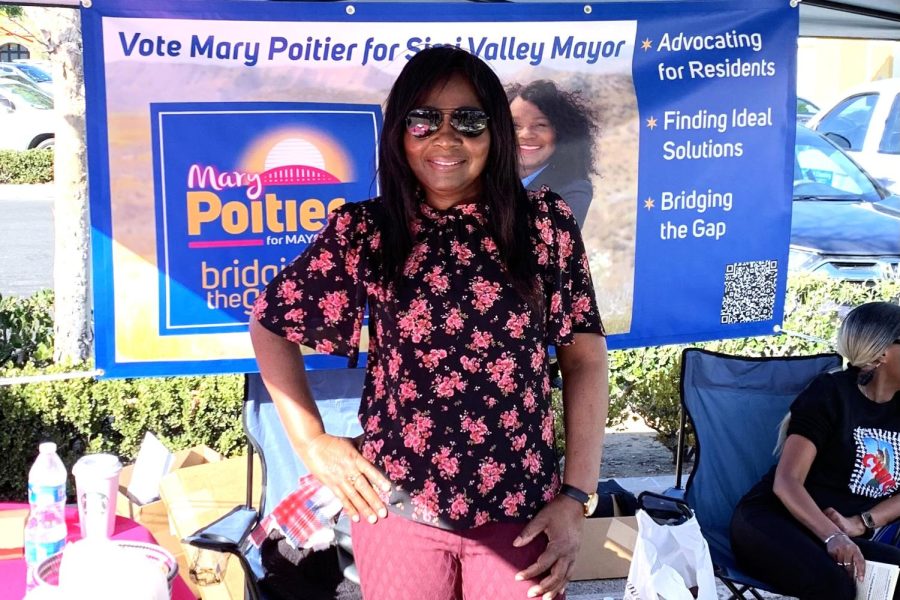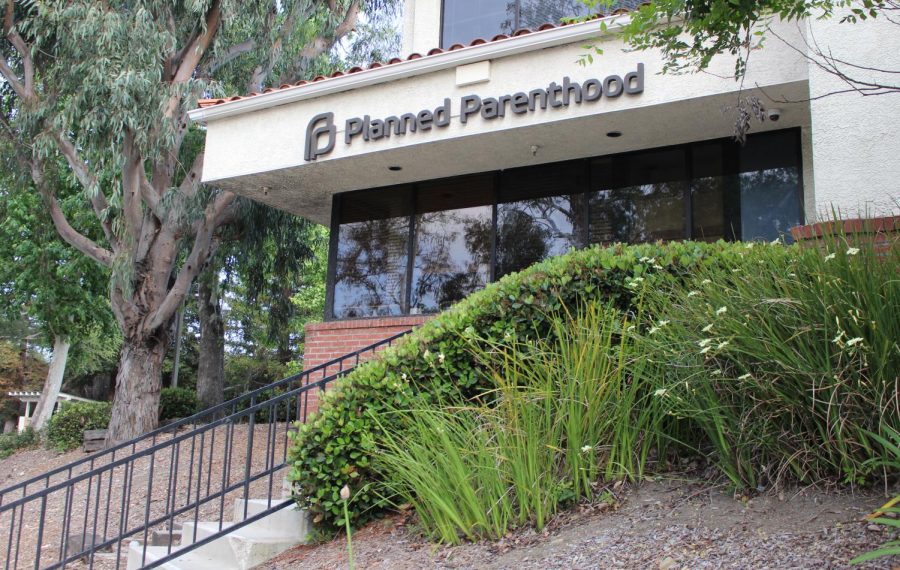The committee tasked with reviewing applicants for the district chancellor position begins meeting this month, following objections from the teacher’s union regarding the new chancellor’s salary increase.
Committee member and Moorpark College President, Luis Sanchez, has some reservations about the kind of candidate the increased salary might attract.
“You kind of hate someone being drawn to that kind of work because of the pay structure,” Sanchez said. “Although there is something to the notion that you get what you pay for in life. On the other hand, in that salary range, you have to be wary of inflated egos, hacks, people who are just motivated by the salary. So your discernment about motive has to be sensitive.”
The chancellor’s position is currently being held by interim-chancellor Bernard Luskin who has said that he will not pursue the current opening for the position. The VCCCD Board of Trustees has hired a recruiting agency called PPL Incorporated to help with the search. Last month the agency recommended increasing the salary range for the chancellor position in order to more closely match salaries being offered by California community college districts of a similar size.
This review committee is comprised of representatives from all segments of each of the three colleges in the district, including students, faculty and classified staff. They will begin considering candidates in January and conduct interviews in February, all with the projected start date for the new chancellor being June of 2017.
This committee will evaluate candidates and make recommendations to the board, who have the ultimate say in who will be hired to fill the position.
The role of the chancellor can be nebulous and often depends on the needs of the district and the character of the person filling the position. Primarily, their job is to serve as a liaison between the three colleges in the district and the Board of Trustees, and then as a representative for the district at the state level. How involved they are with the academic community of the colleges will really depend on the motivation of the person filling the role, according to Sanchez.
“I want to make sure that the chancellor is somebody who really loves being in an academic environment,” Sanchez said. “And then the follow-up question is, so why would you choose to work in an office that is detached from the academic environment?”
Over the next few months the role of the committee will be to ask searching questions like that, about what the district wants and needs in a chancellor, according to Sanchez.
“Part of what I hope to bring to the hiring committee is some thoughtfulness about what is it that makes a good chancellor and how you know that,” Sanchez said. “The last three permanent chancellors that the district hired have ended unhappily. So if you just had three strikes against you, you have to at least ask yourself the question, what should I do differently, what systemic issues are we facing? I don’t believe those questions have been addressed let alone answered. So part of my challenge as I go onto the hiring committee is to bring those questions to the forefront and at least enter into some thoughtful questions even if we don’t end up with the answers.”
Nenagh Brown, president of the Academic Senate, will be representing Moorpark faculty on the committee and will be looking for a candidate that can respect the three college’s independence while being able to facilitate agreements between them.
“It’s got to be someone that is prepared to compromise and negotiate, hear new ideas, and be fully committed to participatory government,” said Brown. “Because our district works that way, and Moorpark College prides itself on that, and if we have someone who is not fully invested in that as the best way forward … it just won’t work for us.”
The Board of Trustees is responsible for allocating funds to the colleges and the chancellor, as a liaison to the BOT, has the responsibility of advocating for the college’s to the board. At times, more than one college might want access to the same limited funds, and the chancellor’s role is to facilitate compromise between the schools and the board, according to Brown.
“Within our college we have so much independence, but when we really have to get the big things done it’s about cooperation and participatory government, because we have to get buy-in from the whole district,” Brown said. “So if we really want to do something, the other two colleges have to buy into it and that happens at the district.
She went on to hammer home the importance of a chancellor, and a district, focused on the wellbeing of the colleges.
“So the chancellor is leading the district which is in service to the three colleges. Its not its own little entity, it exists to serve the colleges. That’s what it’s there for. So this new person is really going to have to be ready to work within a participatory government.”
Brown will be looking for candidates with the patience and dedication to get involved and make a positive impact.
“It requires incredible listening skills and negotiation, a belief in participatory government, hard work, and an utter commitment that in the end, is worth it,” Brown said. “Because you can make a difference for students.”

